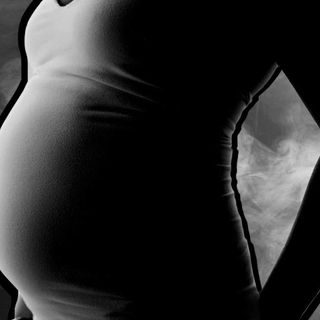A new study published by the medical journal The BMJ has found that consuming a diet high in gluten during pregnancy may increase the risk of children developing type 1 diabetes in childhood.
However, researchers have cautioned that further studies are needed to confirm or rule out these findings. No pregnant woman needs to go gluten-free based on this study alone, they say; other experts warn gluten-free diets often lack nutrients like fiber, iron and B vitamins — nutrients critical to healthy pregnancies.
Gluten refers to proteins found in wheat, rye, and barley and is thought to influence the development of type 1 diabetes. Earlier tests on animals without gluten intolerance found a gluten-free diet during pregnancy almost completely prevented type 1 diabetes in offspring. This new study is an initial foray into determining a similar link among humans.
When researchers gathered data from 63,529 pregnant women and their children, they found children of women with the highest gluten intake (20 g/day or more) versus those with the lowest gluten intake (less than 7 g/day) had double the risk of developing type 1 diabetes over an average span of 15 years.
It was also found that after taking into account other influencing factors such as the mother’s age, weight (BMI), total energy intake, and smoking during pregnancy, the child’s risk of type 1 diabetes increased proportionally with the mother’s gluten intake during pregnancy.
While intriguing, other experts are pointing out holes in the study that further research will need to fill. Jessica Biesiekierski, PhD, an expert in human nutrition from La Trobe University, Australia, told The Guardian that it was unclear whether any of the women or children involved in the study had Celiac disease, an extreme gluten intolerance that is often hereditary and goes undiagnosed. Other research has found a link between Celiac disease and the development of type 1 diabetes, which might explain the findings of this latest study — and narrow its applicability.




